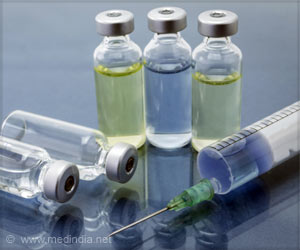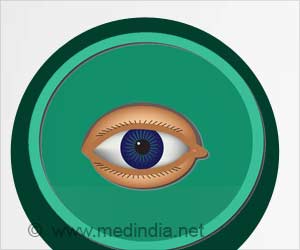The tuberculosis vaccine Bacillus Calmette-Guerin (BCG)could possibly reduce the risk of Alzheimer's disease and related diseases.

BCG Vaccine: Not Just Tuberculosis, Protects Against Alzheimer’s As Well
The findings, published in JAMA Network Open, revealed that treatment with the BCG vaccine was associated with a 20% lower risk of Alzheimer's disease and related dementias.The protective association was more significant in patients aged 70 years or older and also reduced the risk of death.
Researchers from the Massachusetts General Hospital (MGH) and Brigham and Women's Hospital (BWH), followed 6,467 individuals for up to 15 years after they were diagnosed with non-muscle-invasive bladder cancer.
The group included 3,388 patients who underwent BCG vaccine treatment and 3,079 who served as controls, matched by age, sex, and medical comorbidities.
During the follow-up, 202 patients in the BCG vaccine group and 262 in the control group developed Alzheimer's disease and related dementias.
The incidence was 8.8 per 1,000 person-years and 12.1 per 1,000 person-years in the respective groups.
Advertisement
BCG Vaccine Could be a Feasible Way to Prevent Alzheimer's Disease
"A vaccine like BCG, if proven effective, is a perfect example of a cost-effective, population-health based solution to a devastating illness like Alzheimer's disease," Marc Weinberg, an Instructor in Psychiatry at MGH."We are shifting our focus towards studying the potential benefits of BCG vaccination of older adults in Alzheimer's disease-related clinical trials," he added.
Advertisement
Reference:
- Association of BCG Vaccine Treatment With Death and Dementia in Patients With Non-Muscle-Invasive Bladder Cancer - (https://pubmed.ncbi.nlm.nih.gov/37204792/)
Source-IANS















